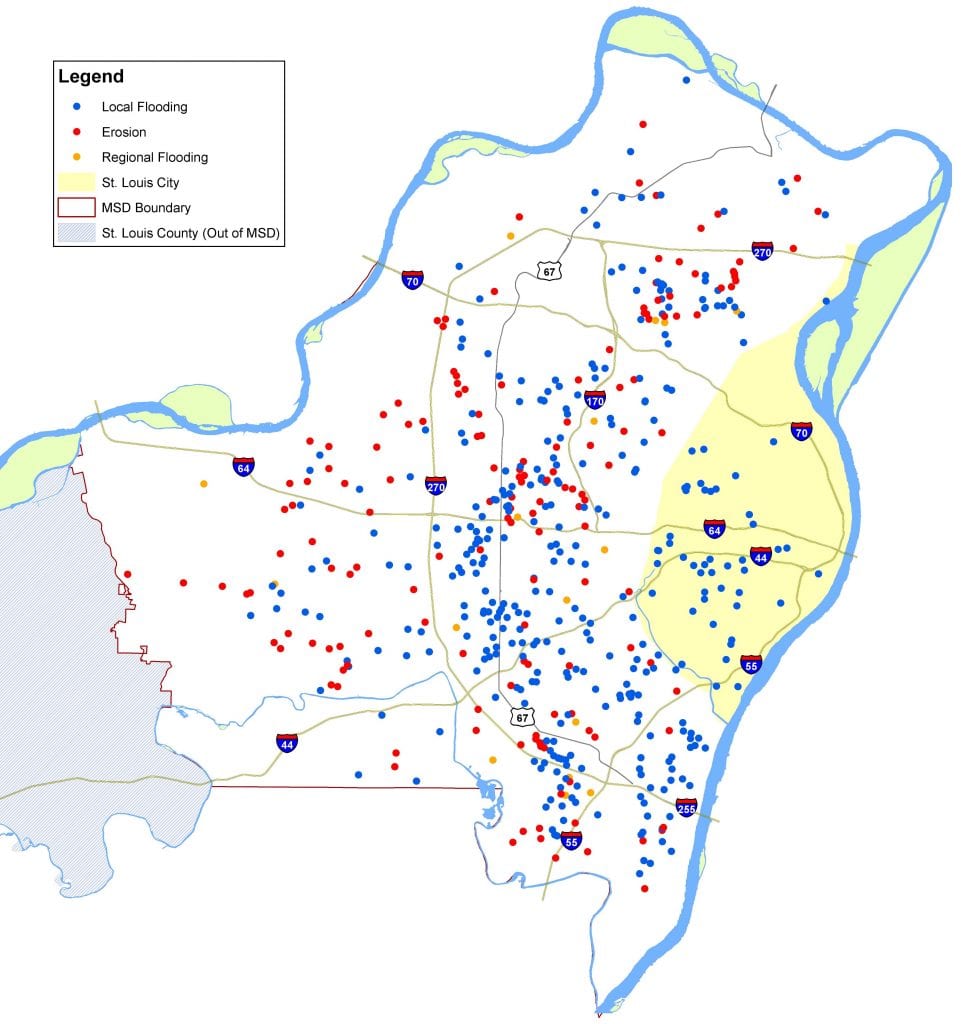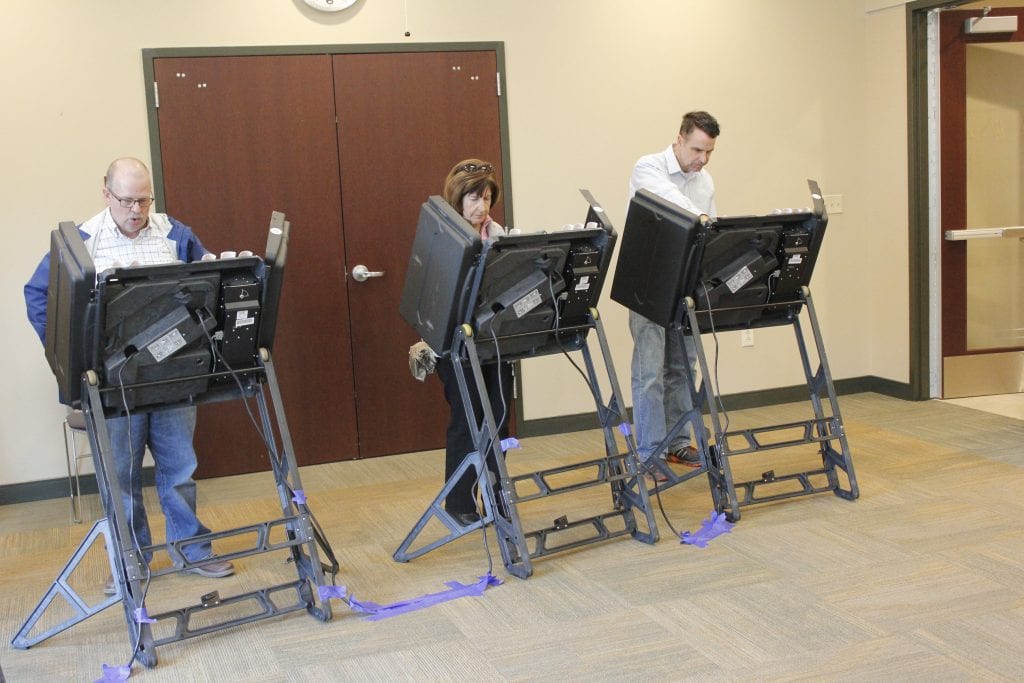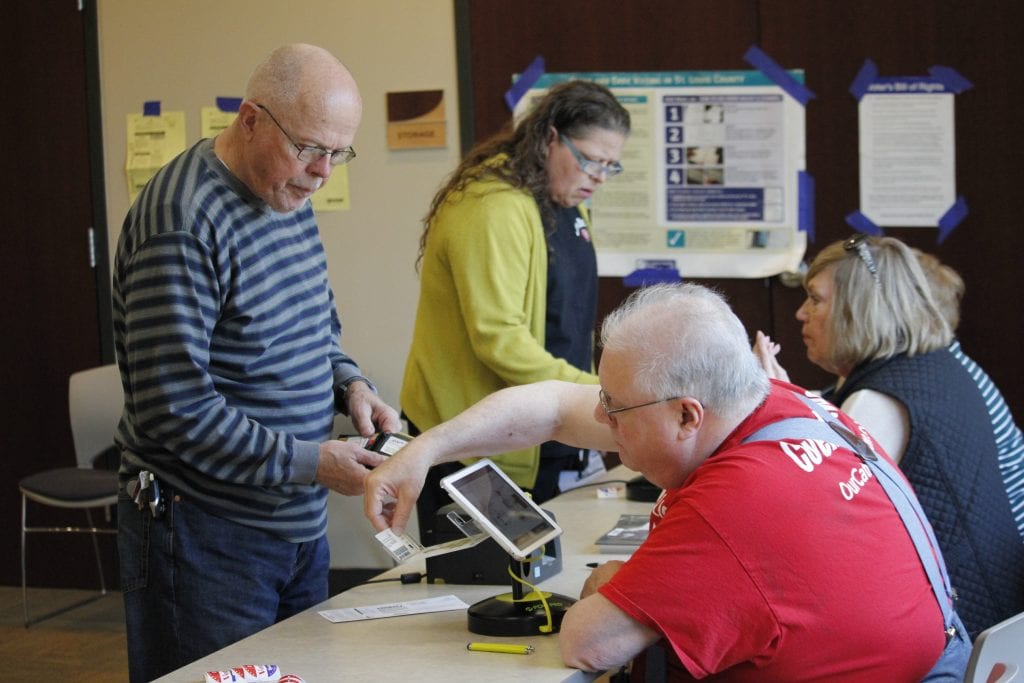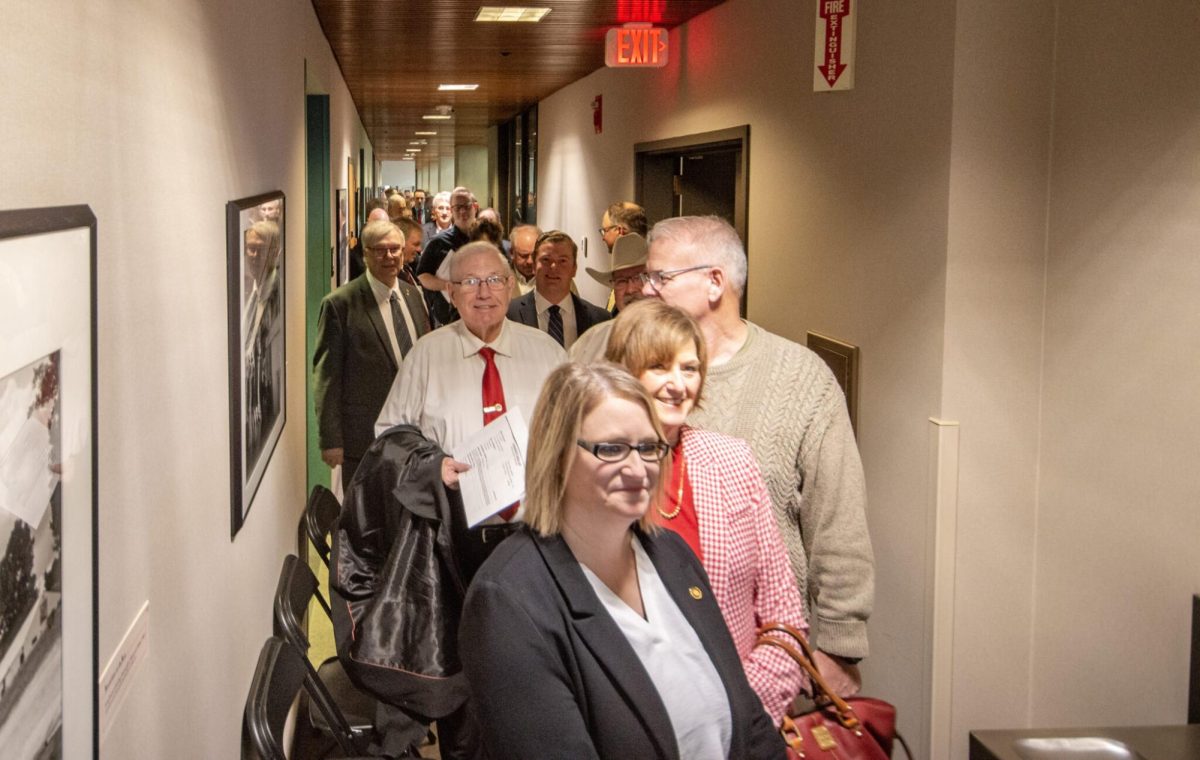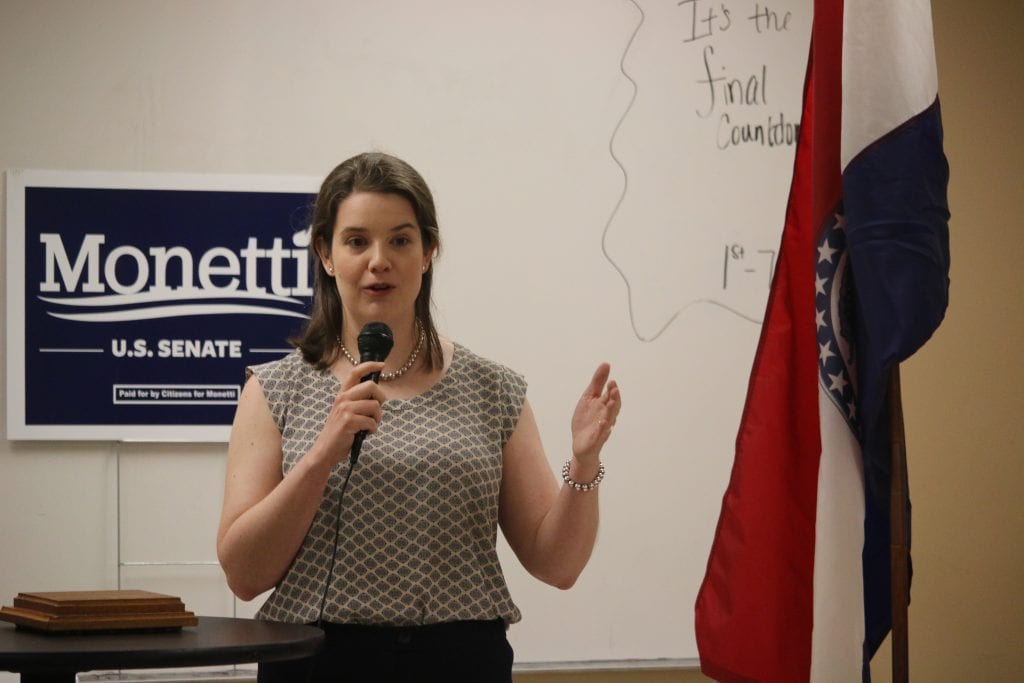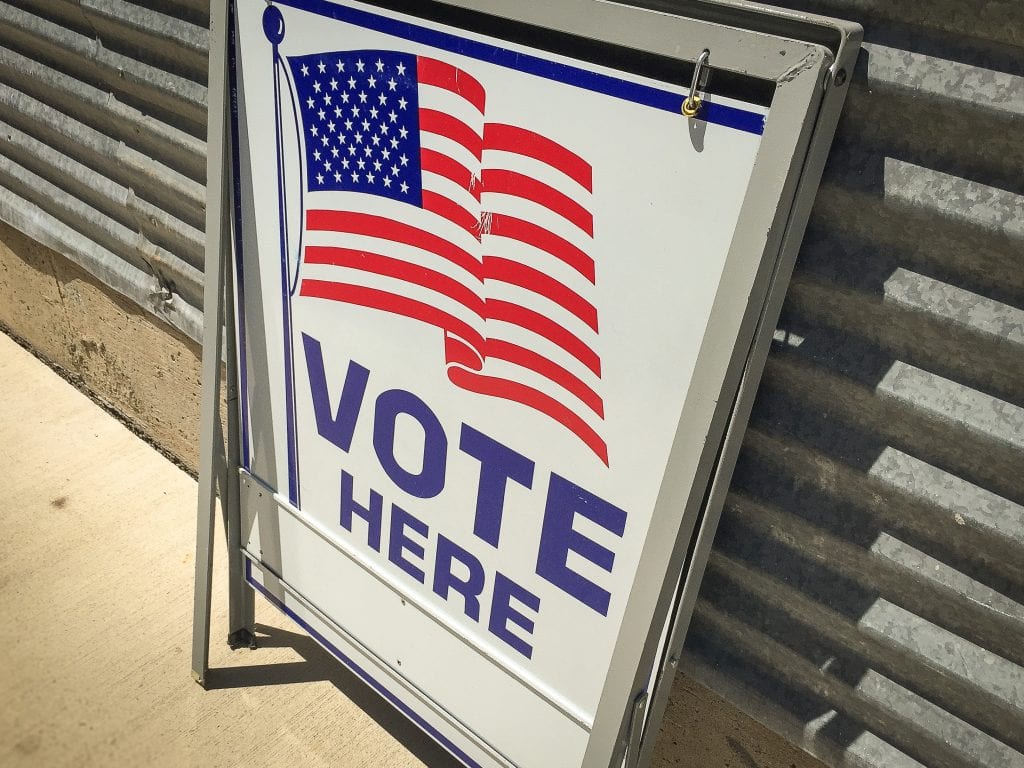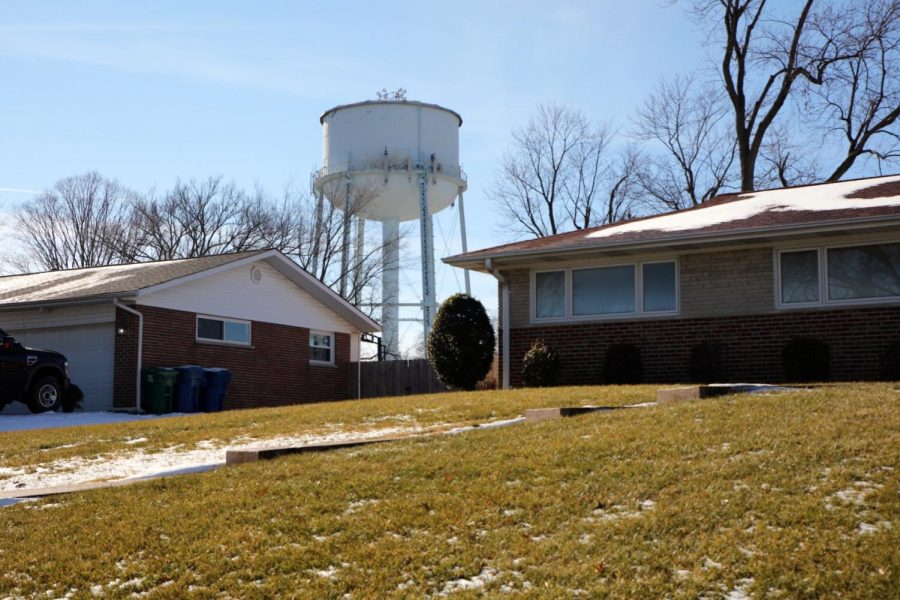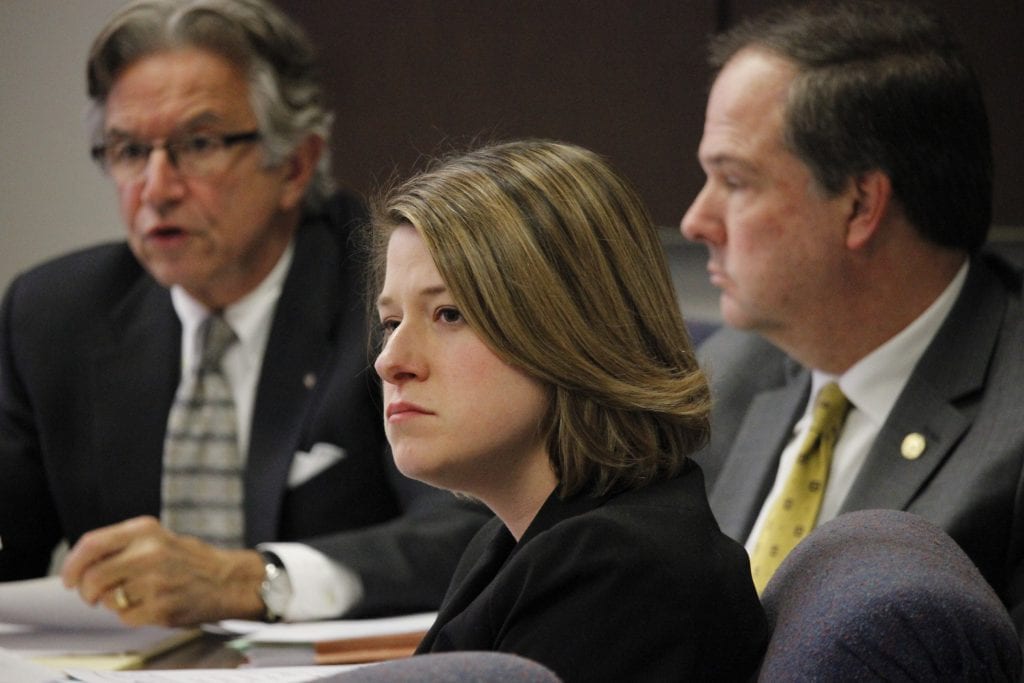Voters in the St. Louis Metropolitan Sewer District will consider Proposition S for Stormwater to address local and regional flooding and erosion on the ballot Tuesday, April 2.
If approved by voters, Prop S would give MSD a new service area related to proactively addressing stormwater on private property funded by an “impervious fee” based on the amount of impervious area on customers’ property.
Impervious surfaces, such as driveways, parking lots or the footprint of a house, are land surfaces that repel rainwater and do not allow it to soak into the ground.
The average charge for a single-family home would be $2.25 a month, or $27 a year. Nonprofits and government buildings would also be subject to the new fee. MSD estimates it would bring in $30 million a year and that current identified issues could be addressed within roughly 30 years.
“We’ll measure the amount of impervious area by aerial photography of all the properties,” said MSD Executive Director Brian Hoelscher at an information session on Prop S in March at The Pavilion in Lemay. “Impervious area is the most direct connection to what generates the problems of flooding or erosion. The more impervious area you have, the more you contribute. It’s a standard way of calculating who’s responsible for the cost of the program used throughout the country. It’s a very accepted methodology.”
Customers will be placed into tiers dependent on their amount of impervious area. Tier 1, those with 200 to 2,000 square feet, will pay $1.42 monthly. Tier 2 with 2,001 to 3,600 square feet will pay $2.25. Tier 3 with 3,601 to 6,000 square feet will pay $3.74 and Tier 4, anything greater than 6,000 square feet, will pay $6.84.
The 453,192 residential properties would bring in $13,874,569 a year combined under the plan. Additional funding would come from commercial properties, multi-family units, industrial properties, schools, hospitals and other non-residential property, all of which would pay in 2,500-square-foot blocks adding up to their full square footage for a total of $16,236,531 a year. That, combined with the revenue from the residential properties, would bring in $30,111,100 a year to address stormwater issues. MSD says it needs $562 million to fix 500 unfunded issues.
Potential solutions to localized flooding include stormwater drainage systems, rainscaping or, in extreme cases, property buyouts. Erosion of creek or stream banks along private property lines can be addressed with natural creek bank stabilization or property buyouts. With regional flooding, like large-scale flooding of waterways that impact streets, properties and structures, the only solution is large-scale property buyouts.
“You can’t engineer your way out of it. For us to go in and tell folks, ‘Hey, you flood every three years, well we can engineer to where you only flood every seven years…’ Every seven years is just as bad as every three years,” said Hoelscher on property buyouts of those living in flood plains who experience flooding. “The best thing to do is just get people out of those flood plains.”
Tom Sullivan, a vocal MSD critic, said at the Concord-Lemay Republican Club March 21 that he was on the fence when it came to voting for or against Prop S.
“I’m kind of having a tough time. On the one hand you have a lot of people with stormwater problems, on the other hand, giving money to MSD is always a questionable thing,” said Sullivan. “The question is, you can kind of go this convoluted way that helps some people, or just say no.”
Sullivan said that the best way to solve the stormwater issues would be to not allow them to begin with.

















